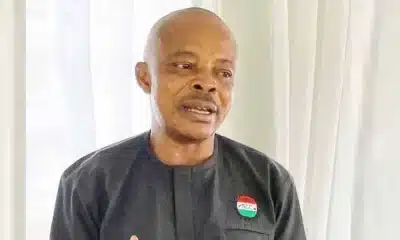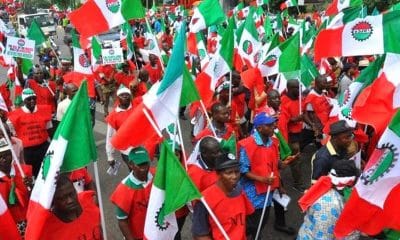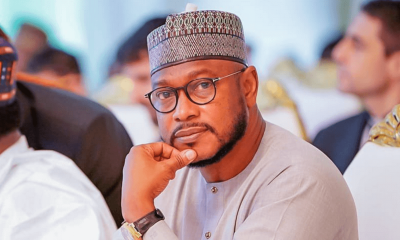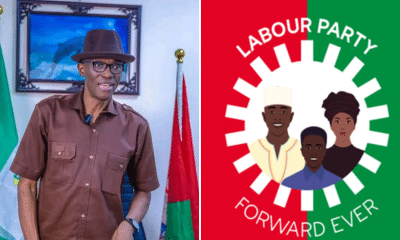Nigeria News
Minimum Wage: Shelve Planned Strike – Nataro Charges TUC, NLC
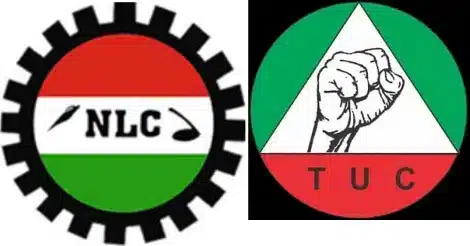
A prominent advocate for public sector reforms, Mallam Salihu Nataro, has vehemently criticized the planned nationwide strike by organised labour, branding it as “unnecessary” and “insensitive.”
In his recent statements, Nataro argued that the leaders of the Nigeria Labour Congress (NLC) and Trade Union Congress (TUC) have overlooked critical economic and operational realities in their decision to initiate a shutdown.
According to Nataro, the strike demonstrates a lack of awareness of several pivotal issues, including the oversized civil service, duplicated functions across multiple government agencies, and the overarching global economic challenges exacerbated by conflicts abroad and internal security demands in Nigeria.
He highlighted the financial strain these factors place on the nation’s budget, particularly with the ongoing insecurity issues that necessitate significant investment in security infrastructure.
“The labour leaders seem to be out of touch with the economic intricacies of oil production and the minimal profits that accrue after taxes,” Nataro stated.
He expressed concern over the productivity levels within the country and suggested that wage increase demands should be tempered with patriotism and an understanding of the government’s fiscal challenges.
Nataro, who ran for the governorship of Kebbi State in 2015 under the All Progressives Congress (APC) and is a noted public finance expert, further suggested that the federal government should extend the period of service required for pension eligibility to 25 years to align with global standards.
With a background in finance, Nataro trusts in President Bola Tinubu’s capacity to address these issues gradually through his policies.
He also proposed that Nigeria should cease purchasing fighter aircraft from international markets to save funds, suggesting instead that local institutions like the Nigerian Defence Academy and the Command and Staff College, Jaji, could collaborate with countries such as Iran or Russia to develop and produce drones, thereby enhancing security capabilities domestically and saving the economy significant expenditures.
His comments come at a time of high labour tensions, with unions pressing for substantial wage increases to cope with rising living costs amid economic instability.



